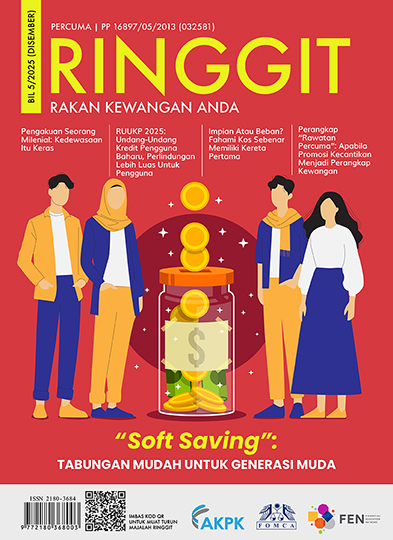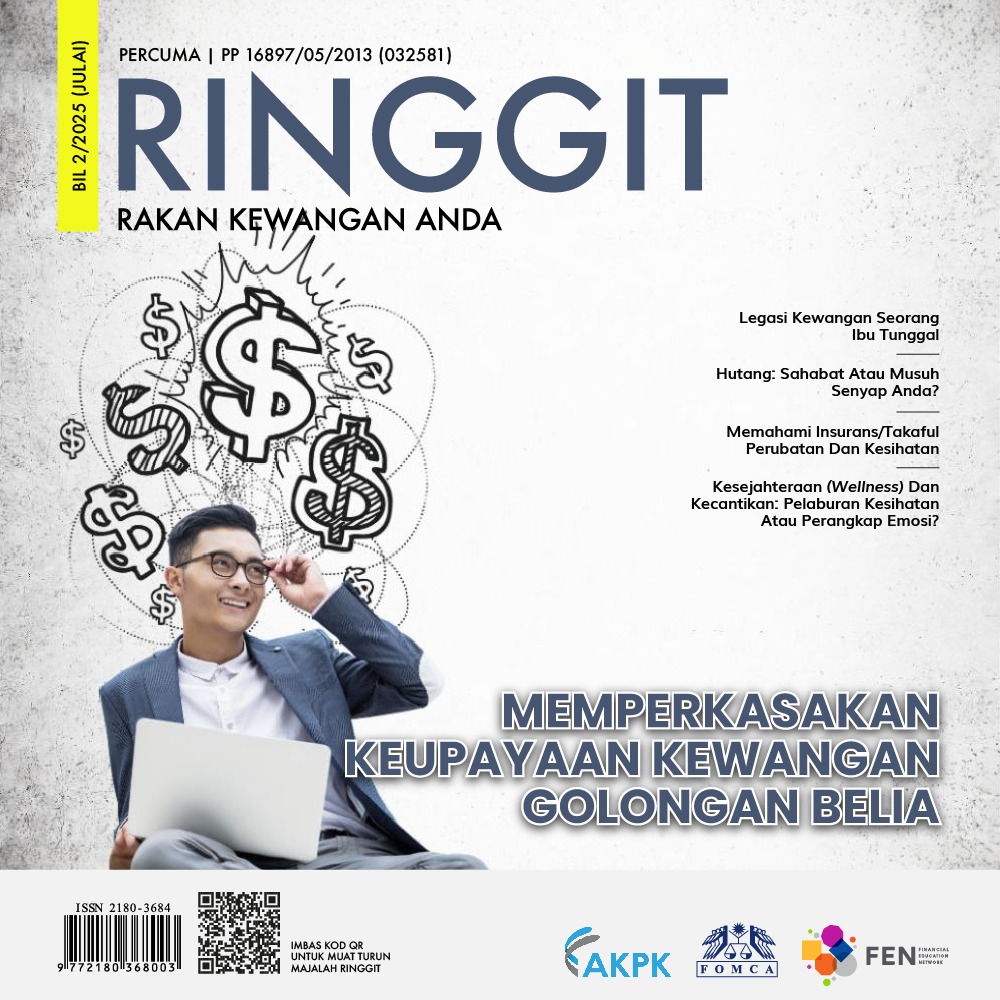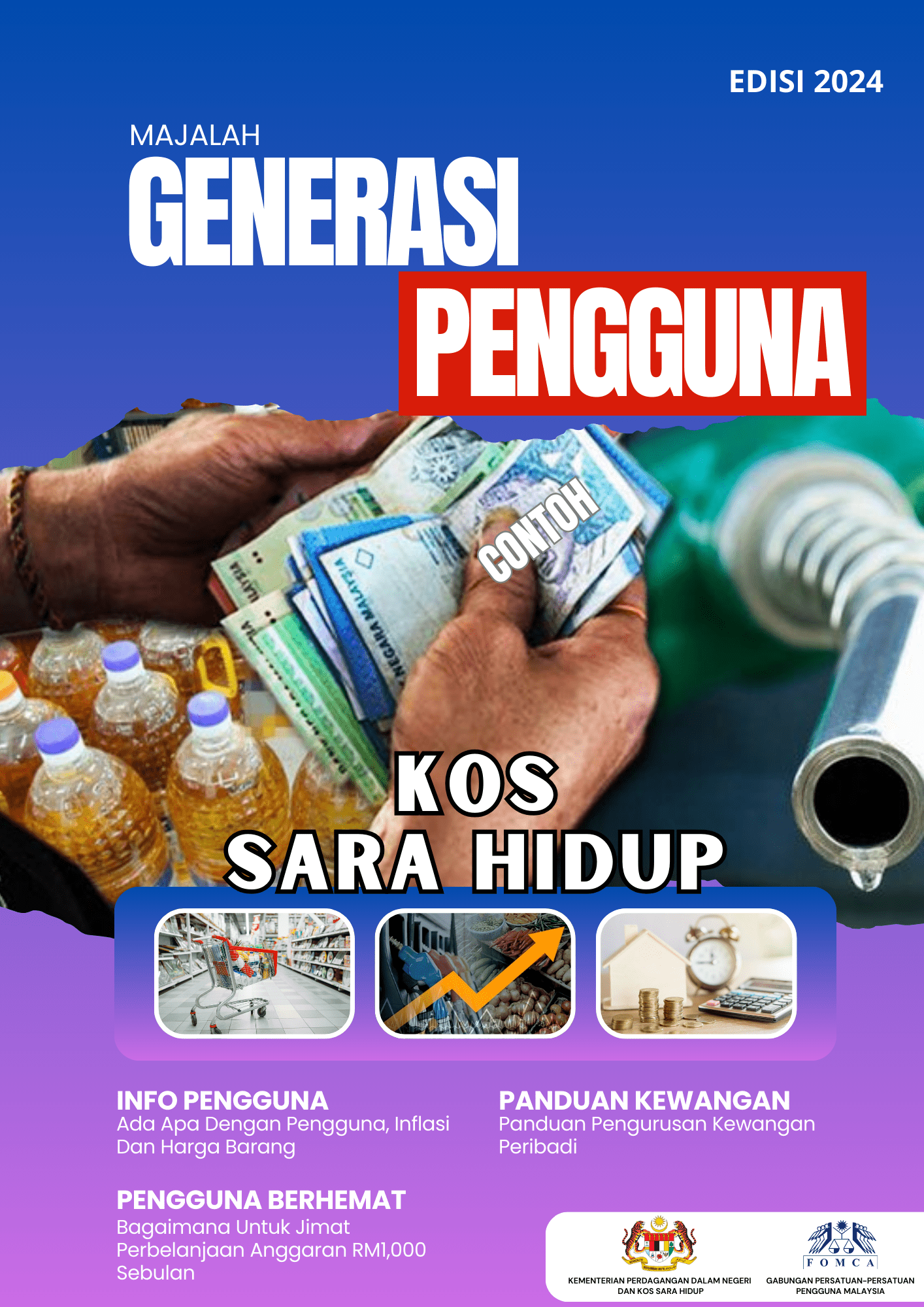 NICHOLAS wants to buy his first car and is currently looking at the options available.
NICHOLAS wants to buy his first car and is currently looking at the options available.
From the brochures, he sees car manufacturers extolling the safety and performance of their vehicles. But while checking other sources, he finds groups of car buyers venting their anger and frustrations on the performance and safety of their recently-purchased vehicles.
Furthermore, his friend’s brand new car broke down recently and has to be taken to the service centre frequently because the problem cannot be rectified.
Nicholas is in a dilemma; he is unsure if buying the car of his choice would be a sound investment since a significant proportion of his salary would be spent on paying off the loan and maintaining the car but he really needs one because he cannot depend on the public transport system in his area.
This dilemma is also faced by many consumers in Malaysia who, by now, would have been aware of the series of safety recalls in the automobile sector involving defective air bags, unintended acceleration and faulty ignition. These incidents have dented consumer’s confidence in vehicle safety.
In the event of a serious design flaw, and especially those that affect the safety of consumers, an effective product recall should be initiated and a corrective action mechanism put in place. However, there are at present too many stakeholders with overlapping functions in the automobile sector, posing difficulty in compliance, surveillance and overseeing of vehicle safety for consumers.
The National Consumer Complaints Centre (NCCC) proposes that a single authority be identified to oversee, monitor and regulate the safety and performance of road vehicles that is similar to the US National Highway Traffic Safety Administration (NHTSA).
We need an effective authority that initiates and monitors recalls, a critical stakeholder in informing the public and engaging producers/manufacturers and conducting continuous market surveillance for vehicle parts as well as a competent authority to look into services like workshops and service centres under one roof.
In 2015, the NCCC received complaints valued at almost RM81mil in potential loses to the automobile sector. These complaints included issues pertaining to faulty vehicles, warranty problems, defective parts and misleading advertisements.
Section 32 (1) of the Consumer Protection Act 1999 (Implied guarantee as to acceptable quality) states that “Where goods are supplied to a consumer there shall be implied a guarantee that the goods are of acceptable quality.”
It is the right of purchasers to expect quality and performance from their brand new vehicle but many, it seems, have fallen short of expectations. The fact that the second highest number of complaints received by the NCCC in 2015 is about problems with new vehicles is proof of this.
Purchasers say that despite making numerous complaints to the car seller’s representatives, issues like faulty reverse sensors, engine malfunction and alignment problems were not resolved and they had to send their cars for repair repeatedly. These repairs would cost even more after the warranty period expired. In addition, they are not given a courtesy car while theirs is being repaired, which disrupts their day-to-day activities.
We need to initiate regulatory reform to include strong warranty laws like the Lemon Law in the United States and Singapore. Lemon laws are laws that protect consumers against defective products that do not conform to acceptable quality or performance standards at the time of purchase. Such products are known as “lemons”.
Consumers can demand for repair, replacement and refund for these defective products based on a set of criteria within a specific period of time.
Inclusion of this law in Malaysia will definitely benefit our consumers and subsequently compel manufacturers to produce better vehicles.
The recall system in our automobile sector must also be improved. Besides establishing one competent authority as suggested, the relevant agencies must adopt a national standard on recalls that have been recently published.
“Malaysian Standard MS2626: Consumer Product Safety and Recall – Guidance in the Supply Chain” is a comprehensive standard that provides practical guidelines for enterprises of all sizes to assess and manage the safety of products they sell. It also covers suppliers who do not design or supply the products but are still responsible for their safety. This standard assists not only the producers and suppliers but also the authority to effectively monitor, assess and take necessary actions to protect the consumer.
All stakeholders must do their part in ensuring vehicles sold to consumers do not become a financial liability or pose harm to the users. Purchasing a vehicle is a commitment; maintenance, fuel and toll costs as well as paying off the loan are a financial toll that can affect the well-being of consumers.
SHABANA NASEER
National Consumer Complaints Centre/ FOMCA
Read more at http://www.thestar.com.my/opinion/letters/2017/01/27/we-need-the-lemon-law/#1PbfbuMU0TzyEOci.99





